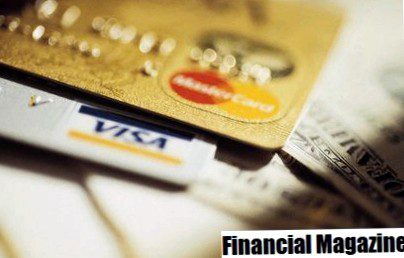
For the first time in its history, Japan has sold 10-year government bonds with negative yields, meaning the negative interest rates the central bank introduced in January have now been passed on to investors.
Few institutional investors were attracted to the 2 yen. 2 trillion ($ 19, 4 billion) auction, according to the Financial Times, since bond buyers now in effect pay the heavily indebted government for the privilege to lend it. Most investors took part in Monday's auction (Tuesday local time), where bonds carried an average yield of -0. 024%, were short-term traders or cover short positions.
Japan's public debt burden is extremely high at almost 250% of GDP in 2014, or about twice the average of the G7 countries. All other things being equal, lending to an indebted company involves a higher risk, which entitles the lender to a risk premium, in other words a higher rate of return.
Switzerland became the first government in history to charge its creditors in April. At the time, Switzerland was selling 10-year bonds worth CHF 232. 51 million. 055% yield.
In addition to Switzerland and Japan, Sweden, Denmark and the European Central Bank have introduced negative key interest rates. The federal funds rate, the U.S. federal funds rate, has a target range of 0.25-0. 5%. The Fed raised it 0-0. 25% in December, after six years at what was once considered the "lower limit" applied for interest rates.
How low they can go?
The introduction of negative interest rates has unsettled many investors, who are concerned about the implications of this unprecedented and – at first glance – bizarre policy. While the demand for negative-rate bonds shows that zero is not the absolute floor for interest rates, the actual floor is probably not much lower. (See also How negative interest rates work. )
Reference rates apply to institutional deposits at central banks and have not yet been transferred to individual depositors. If this were to happen, economists wonder how consumers would react. They may prefer to hold cash instead, stuffing the proverbial mattress with an asset that doesn't yield a return rather than watch their deposits erode.
If enough people cash out, they could trigger bank runs. Even if this outcome were avoided, other distortions would creep in – for example, self-pay mortgages – with unpredictable consequences for the economies involved. (See also, Negative interest rates: 4 unintended consequences. )